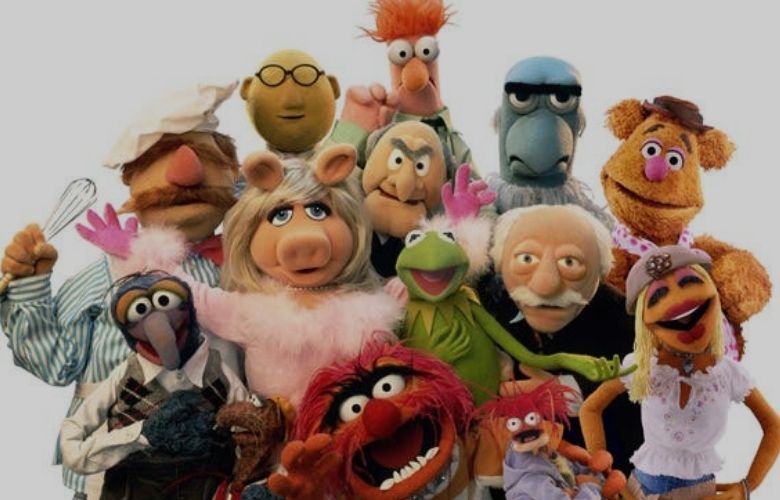
The Muppet Show recently joined the Disney+ family, who welcomed the classic to the streaming service earlier in February. The decision was made to add an offensive content disclaimer at the start of 18 episodes, which contain problematic material.
At the start of The Muppet Show episodes in question, the text explains:
“This program includes negative depictions and/or mistreatment of people or cultures. These stereotypes were wrong then and are wrong now. Rather than remove this content, we want to acknowledge its harmful impact, learn from it and spark conversations to create a more inclusive future together.”
The negative descriptions in question include an episode where Johnny Cash performs in front of a Confederate flag, which is associated with the southern states that were fighting to keep slavery during the Civil War, and very much seen as a racist and oppressive symbol today.
Other episodes with the new disclaimer feature negative portrayals of Native Americans and Middle Eastern people, and has been redressed with today’s standards of what is acceptable.
The decision to preface The Muppet Show episodes follows disclaimers that were added in October of last year to vintage Disney films in the same vein, that included the films Dumbo, Lady and the Tramp, The Aristocats, The Jungle Book, and Aladdin.
It does seem as though Disney is working to make changes in the present. They have created a new initiative, titled Stories Matter, which outlines the ways in which they are working to address the errors of the past, and do better.
The dedicated page outlines the ethos, as well as their practical commitments, saying:
“Stories shape how we see ourselves and everyone around us. So as storytellers, we have the power and responsibility to not only uplift and inspire, but also consciously, purposefully and relentlessly champion the spectrum of voices and perspectives in our world.
Because happily ever after doesn’t just happen. It takes effort. Effort we are making.
As part of our ongoing commitment to diversity and inclusion, we are in the process of reviewing our library and adding advisories to content that includes negative depictions or mistreatment of people or cultures. Rather than removing this content, we see an opportunity to spark conversation and open dialogue on history that affects us all.
We also want to acknowledge that some communities have been erased or forgotten altogether, and we’re committed to giving voice to their stories as well. We can’t change the past, but we can acknowledge it, learn from it and move forward together to create a tomorrow that today can only dream of.
To that end, we’ve brought together a group of experts from outside our company to advise us as we assess our content and ensure it accurately represents our global audiences.
As we embrace each other’s stories, we embrace possibility. And that’s why we’re committed to doing the best we can to represent communities authentically. So people not only see the best in themselves, but the world can see it too.”
Disney explain that their third-party council is made of leading organisations who are the driving force for change in the media and entertainment. They include the African American Film Critics Association (AAFCA), the Coalition of Asian Pacifics in Entertainment (CAPE) Define American, (who specialise in immigration and identity narratives) the Geena Davis Institude on Gender in Media, GLAAD Media Institute (LGBTQ supporters), Hollywood, Health & Society (HH&S), IllumNative (who illuminate Native voices and stories), The National Association of Latino Independent Producers (NALIP), RespectAbility (who campaign for those with disabilities) The Science & Entertainment Exchange, and Tanenbaum (who aim to combat religious prejudice).
Hopefully a proactive approach to righting these wrongs will not only be seen across Disney and The Muppet Show, but will also extend into the wider world and encourage others to make similar changes.
You can find out more about Stories Matter here.
Accessibility At The Smith Center Series: Part One
James “Fitz” FitzSimmons Interview: The Boys In The Band On Netflix


Michelle is a musician and composer from the UK. She has performed across the UK and Europe and is passionate about arts education and opportunities for women and girls.
Read Full Profile© 2021 TheatreArtLife. All rights reserved.

Thank you so much for reading, but you have now reached your free article limit for this month.
Our contributors are currently writing more articles for you to enjoy.
To keep reading, all you have to do is become a subscriber and then you can read unlimited articles anytime.
Your investment will help us continue to ignite connections across the globe in live entertainment and build this community for industry professionals.